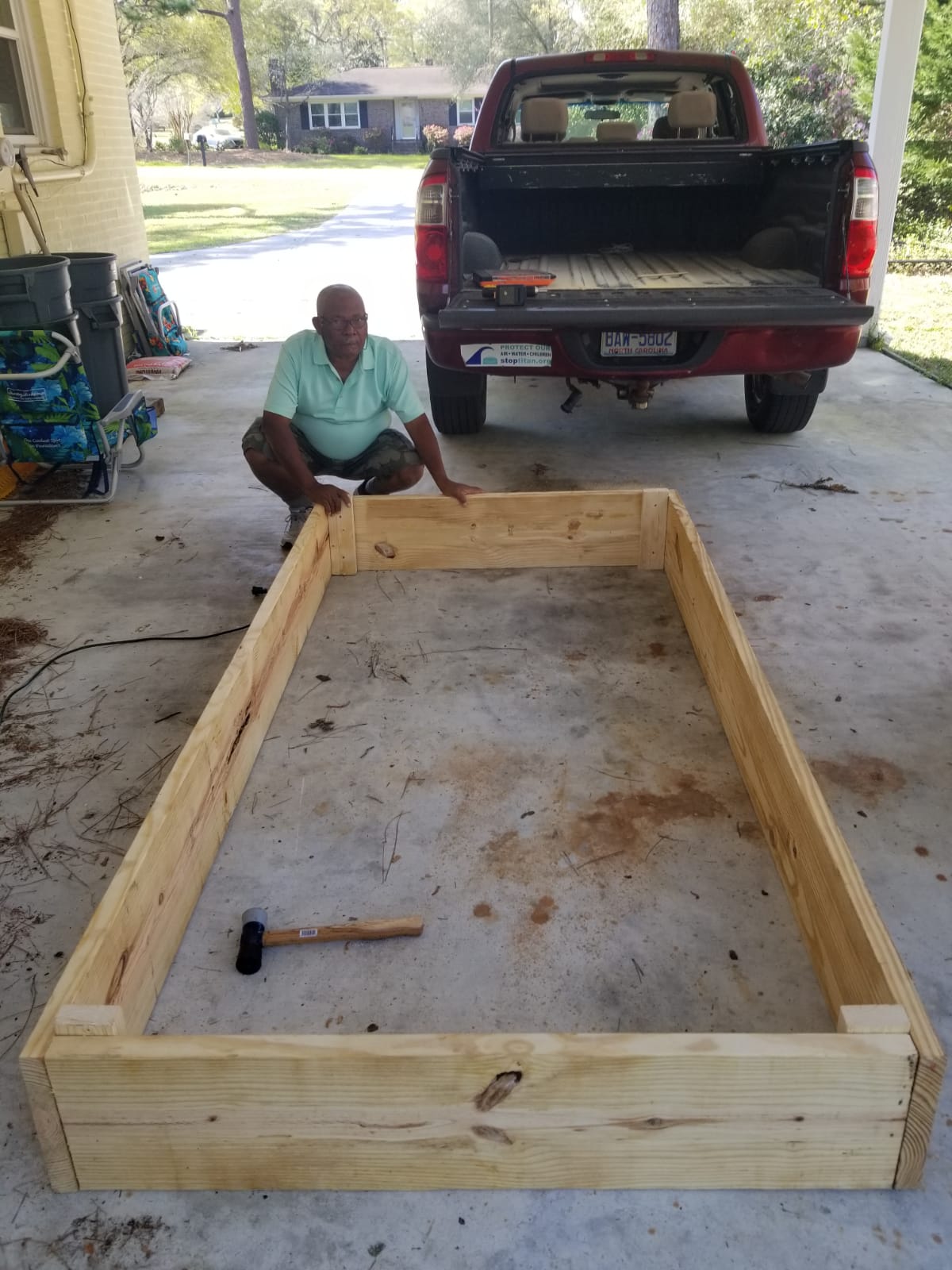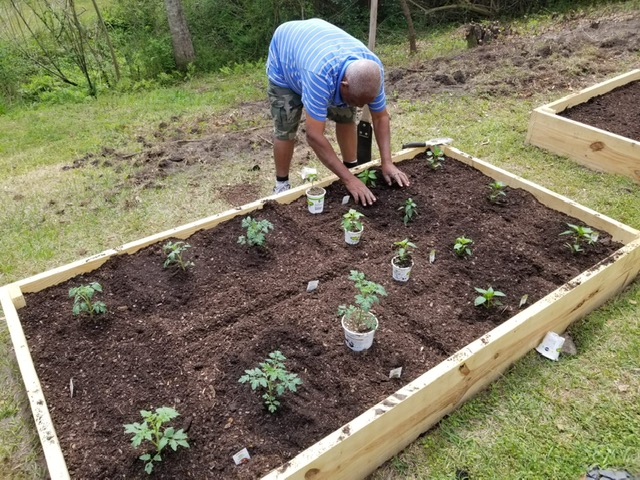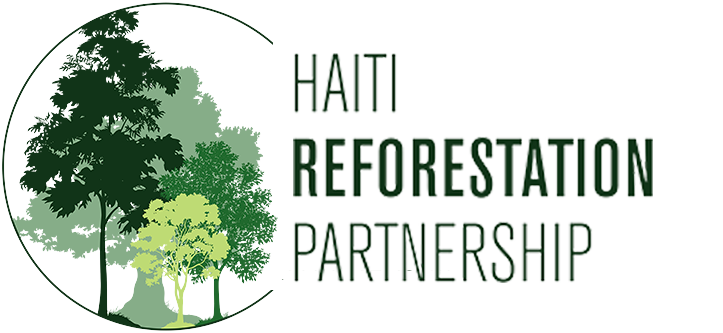Folks,
Outside the gates of the compound where I live, a man is sleeping on the sidewalk. He doesn’t want to be near his family in case anyone has the coronavirus.
Although Haiti has only recently reported cases of the coronavirus, people are already on edge. The markets have been ordered closed so food will soon be scarce. People are trying to protect themselves by wearing bandana face masks, socks for gloves, and plastic trash bags as ponchos.
“Our trees will suffer, like our children. There’s no one to care for them.”
CODEP folks and I check in with each other regularly but we have limited direct contact. Rene — the
Animator whom I consider to be a tree-whisperer — came by for the payroll and reported that people are scared. His messages were hard to hear: “The elderly are facing death.” “Our trees will suffer, like our children. There’s no one to care for them.”
I am safe. I am on lock-down at the Family Health Ministry’s guesthouse where I live. I’m lucky that I have a food supply, internet access, and third world luxuries such as clean running water and electricity.
For those of you who have been to Haiti before, you will find it quite different if and when you are able to return. The violence of the past year has taken its toll and now Haiti with its deeply communal society and difficult poverty will be particularly vulnerable to this ferocious virus. Hold these people close in your hearts.
Michael Anello
Executive Director
PS: Please forward this email to five of your acquaintances. At a time like this, we particularly need to share our story with more and more people.

Stranded in the States
Edvy Durandice, who was featured in our last newsletter, came to the USA recently for his biannual medical check-up. As usual, he is staying in North Carolina with his extremely gracious hosts, the Westerdorff family.
Unfortunately, President Moïse closed the borders of Haiti, and Edvy is unable to return home at this time. We are grateful that he has a place to stay but he is homesick for his family and friends. He is keeping himself busy helping the Westerdorffs with their spring gardening. He is learning more English, and they are learning more Creole.
He would greatly enjoy receiving a note of encouragement from his friends. You can send a card to:
Edvy Durandice
c/o Westendorff
4634 Mockingbird Lane
Wilmington, NC 28409

Carbon Credit Market?
A team of four graduate students at the Duke Univeristy Fuqua School of Business has been working with us to gather information and develop a plan for HRP/CODEP to enter the carbon credit markets.
This is a big idea but also a complicated one. No other entity in Haiti participates in this market, and there is much to learn about the processes and systems required to be formally certified. The CODEP model is largely agro-forestry which presents challenges in taking an efficient and accurate inventory of the trees. There are many variables. The fruit trees that have been planted to provide food for people do not sequester as much carbon as, for example, hard wood trees. What assumptions can be made about trees planted at different levels of elevation? Of no small consequence are the issues, trade-offs, and wisdom going forward in learning and adjusting the CODEP method for carbon credit value.
In early March, two of the Duke students, Hunter Bowman and Sergio Aguilar, spent a week visiting CODEP and exploring the project first hand. They are now working virtually in the United States and will be giving us their final presentation at the end of April. Stay tuned.
